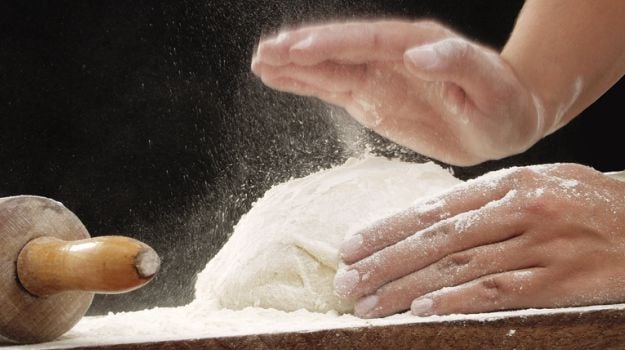1. Stick to Home Cooked Meals
If you are at the initial stages of being diagnosed, try to eat only at home and carry home cooked meals to your office. It's the best way to prevent gluten contamination.

2. Double Check
If you are buying products from a store, keep a lookout for those that are manufactured in a 100% gluten free facility. Just yesterday I was speaking to a bakery, while ordering gluten free bread, about how they make their gluten free products. They ensured me that they make their gluten free products first thing in the morning, and then they move on to their wheat-based products. They also use fresh towels and all their equipment are sanitized. Make it a habit to question bakers/ manufacturers what kind of flours they use, where is it manufactured, the kind of baking powder, cocoa powder, icing sugar or cream that go into the process.
Please understand a couple of points:
- Even a spec of wheat in the oven is enough to affect your stomach.
- Most equipment are not 100 percent cleaned to remove gluten. Remember my article on how to clean your kitchen, chopping boards, knives, dough hooks, spatulas and pans? The list is never ending.
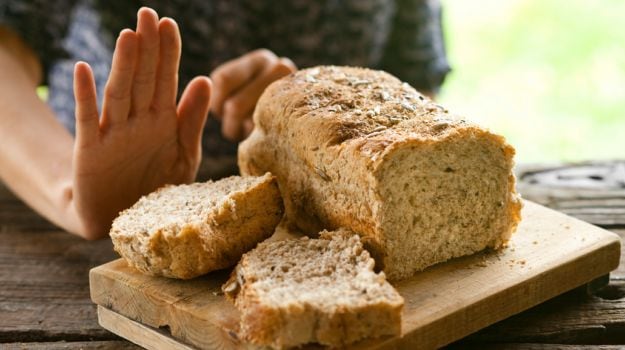
3. The Power of Boiling
If you are ordering food in a restaurant, always ask them to boil water in the pan before they use it to make your food. The purpose of boiling water is that it will clean the pan completely and the chances of that 1% contamination will have evaporated before grilling a fish for you. Being finicky about gluten is not something you should shy away from.
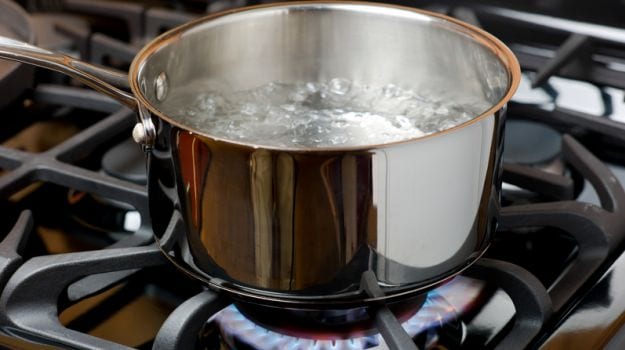
4. Feasting in a Group
While sitting with friends and family on a table with all sorts of dishes, including your gluten free food, the chances of cross contamination are super high. You need to be extremely watchful. When my family and I travel, I ensure that if I am feeding my younger son Armaan wheat bread (who is not allergic to gluten), I keep my hands away from my elder son Mannat's plate (who is allergic to gluten), including his knives, forks etc.
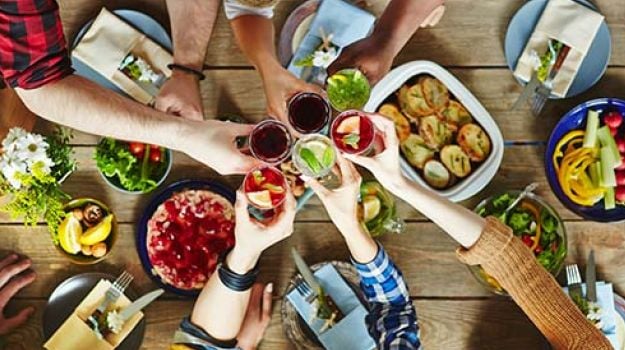
5. Butter Trouble
If you are sitting in a group and eating, avoid using the same slab of butter to spread onto your gluten free toasts because chances are that the butter knife is contaminated. It is of course tough to remember which knife went first into the dish, and who are eating gluten or gluten free dishes.

6. While Visiting Relatives
Visiting relatives during festivals are super tough. Try to discuss with them in advance what you would eat. When I take Mannat to my in-laws' place. I inform them that he will have rice, rajma and zeera paneer. Even then the chances of cross contamination are high because a basic ingredient like haldi might have gluten. Insist on not using hing, a favourite in Indian homes, which contains gluten, as well as packed masalas.
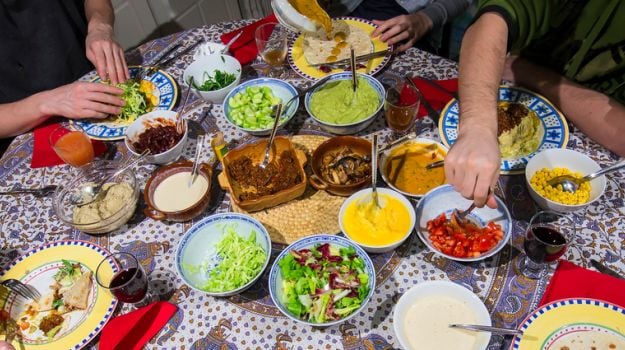
7. Knowledge is the Key
The biggest challenges of cross contamination in India lie in joint family kitchens, kitchens run by staff and the lack of knowledge about Celiac disease. No one is to blame but knowledge of the disease is the key to remaining healthy.
Yesterday, I was at a big store that sells gluten free food and found between the gluten free shelves all kinds of wheat products. Please be careful. Read the labels of every product you buy, every time. Lot of times the ingredients keep changing.
Always remember, when in doubt, just don't eat!
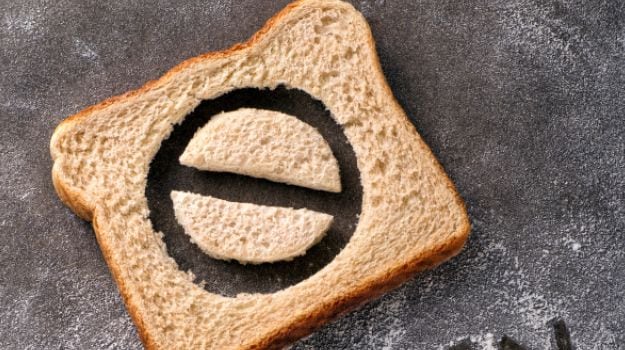
About the Author:
Aarti Sarin Jain is an avid baker and runs an exclusive gluten-free test kitchen. She discovered the joys of a gluten-free living after her elder kid was diagnosed with Celiac Disease. She often experiments with new forms and varieties of gluten-free food without compromising either on taste or quality. You can read more on her blog, www.bakingfrommyheart.com.
Disclaimer:
The opinions expressed within this article are the personal opinions of the author. NDTV is not responsible for the accuracy, completeness, suitability, or validity of any information on this article. All information is provided on an as-is basis. The information, facts or opinions appearing in the article do not reflect the views of NDTV and NDTV does not assume any responsibility or liability for the same.
(Except for the headline, this story has not been edited by NDTV staff and is published from a syndicated feed.)









